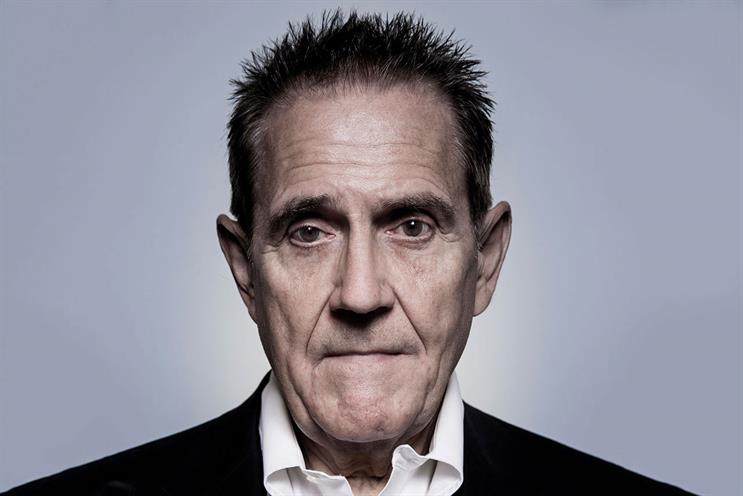In the 1980s the Cold War was at its height.
The USSR was trying to infiltrate the West wherever possible.
Russian submarines were spotted everywhere.
One of the places they were often spotted was around Sweden.
By using sophisticated acoustic hydrophones the Swedes were actually able to hear Russian submarines.
Their propellers created a cavitation effect in the water.
This is when a propeller blade forces water in one direction creating a cavity behind it.
The cavity is like a bubble, which makes a popping sound as the water fills the empty space.
Obviously, a submarine makes a lot of these.
Through headphones, it sounds like crackling, hissing, or bacon frying.
However subtle Russian propulsion equipment was, the Swedes could still pick it up on their sophisticated acoustic hydrophones.
It created an international incident when the Swedish prime minister, Carl Bildt, made a formal complaint to the Russian president, Boris Yeltsin.
The Russians naturally denied having any submarines is the area, as you’d expect.
But the Swedes had evidence, and relations were soured.
It wasn’t until the Cold War was over that the truth became apparent.
In 1996, the Swedes were still detecting Russian submarines long after the Soviet Union had broken up, obviously there must be something wrong.
Eventually, a Swedish scientist, Magnus Wahlberg, uncovered the truth.
What they were actually detecting was herring farting.
Around Sweden, the herring swim in huge schools, up to 20 metres deep.
Their swim-bladder has an anal duct, so when the entire school wanted to submerge they expelled air through this duct.
Thousands of herring were farting in unison.
And that had been the Soviet submarines that the sophisticated acoustic hydroplanes had been detecting, all along.
More recently, the Australian government addressed the issue of online porn.
It was something that a lot of parents were worried about.
So the government spent $189m on the Net Alert programme, intended to provide families with a filter for online porn.
The filter itself took several years to develop and cost $84m.
But a 16-year-old schoolboy from Melbourne, Tom Woods, cracked it in 30 minutes.
When they heard, the government installed an even more expensive upgraded net filter called Integrad.
It took Tom Woods another 10 minutes to crack the new filter.
Tom said: "It’s a horrible waste of money. For that money it should have been uncrackable."
So now the Australian government has decided to spend the money employing internet safety officers, who will visit schools to talk about the dangers of online porn.
They’re spending $22m on a scheme to "inform parents and carers of children about online safety issues and provide information about where they can go to receive support and assistance".
So basically, nothing except talk.
And there you have it, two cases where belief in sophisticated technology proved to be a complete waste of money.
And yet everyone believes that AI is the future and will make us all redundant.
Personally, I don’t think we’ve got a lot to worry about from AI.
Not if technology can’t tell a submarine from herring farting, or keep a teenager away from porn.
Dave Trott is the author of Creative Mischief, Predatory Thinking and One Plus One Equals Three


